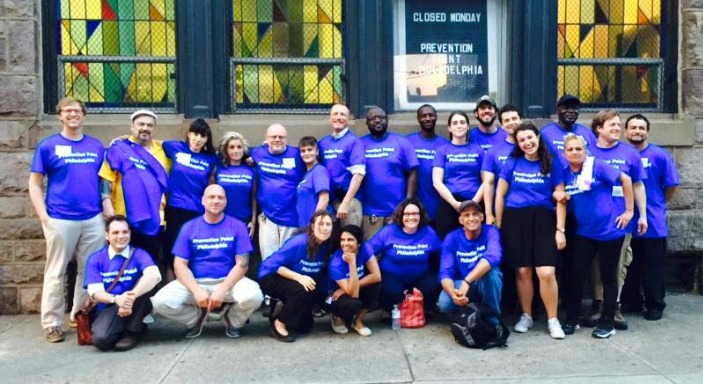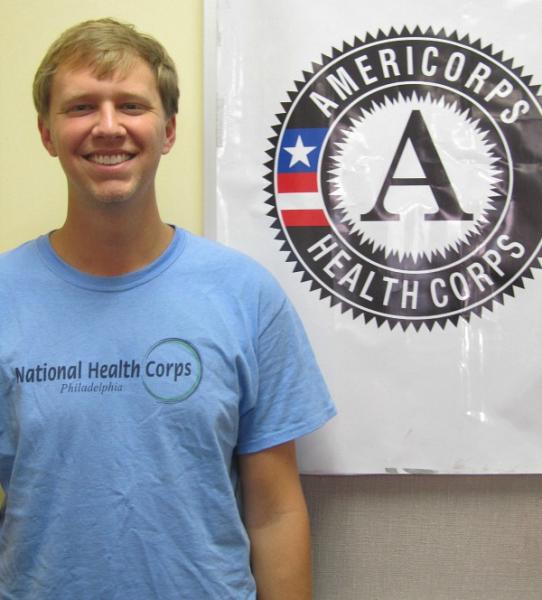Redefining Success
My first day on site as a Philadelphia Health Corps (PHC) member at Prevention Point Philadelphia in September 2014, I met with a 55 year old man from Puerto Rico who self-reported a chronic Hepatitis C (HCV) infection since 1995. His number one goal at that point in time was HCV treatment. He was motivated. I remember thinking to myself that he was going to be one of our success stories; he would clear his HCV infection this year.
But he was uninsured.
He relapsed to intravenous heroin use.
And then he lost his housing.
He was incarcerated.
Family members died.
“Life got in the way,” he told me when we finally reconnected in March. At Prevention Point, we address our clients’ needs and goals in whatever order they wish. When an individual is reactive for HCV antibodies, they are immediately connected to Jennie (my AmeriCorps counterpart) and me so that the conversation around HCV treatment can be initiated. However, as we see with HIV treatment, engaging clients to address other psychosocial needs such as shelter prior to initiating medication improves outcomes. Therefore, our process is entirely client-driven with Jennie and me serving as cheerleaders and sounding boards along the way.
In March, we invited this individual to reassess his goals and to make his own hierarchy of needs.
He navigated (and mastered!) the shelter system.
He applied for (and received!) Medicaid.
He satisfied his probation.
He reconnected with his family.
He entered drug treatment and recovery living.
He accessed high quality primary care.
And, by June 2015, we have yet to even consider applying for HCV medication. In September, I would have considered this to be our biggest failure. On the surface, it appears that we have wasted ten months by not treating his chronic infectious disease. However, I would argue that he is one of our brightest success stories. The support he received at Prevention Point empowered him to make countless lifestyle and behavioral changes in a short ten months, and I am confident that HCV treatment will be his next triumph.
This year at Prevention Point demonstrated the necessity for comprehensive social service organizations and case management for high-risk populations. By providing medical, housing, food access, and psychosocial support under one roof, we are able to address the whole person instead of hyper-specialized subsets. It also encouraged me to reassess my own metrics for success. As I enter medical school, it is tempting to view success as curing the individual’s specific presenting need. Instead, Prevention Point has challenged me to judge success by the improvement of that person’s subjective well-being. I could not be more grateful for my experiences with Prevention Point and look forward to how they will shape my career in medicine.


This post was written by PHC member Jeff Roberson.
Jeff serves at Prevention Point Philadelphia as a Primary Care & Hepatitis C Outreach, Linkage & Referral Specialist.